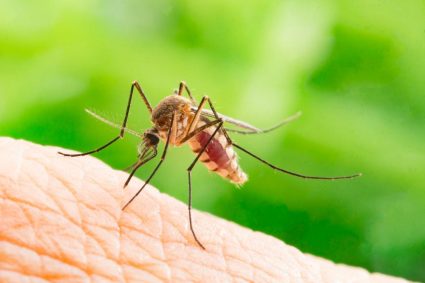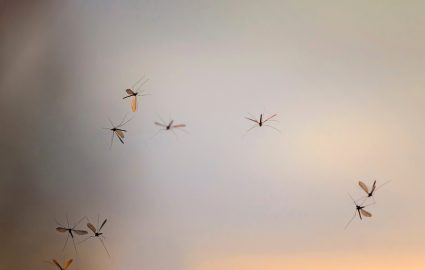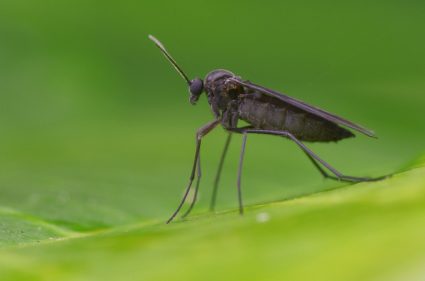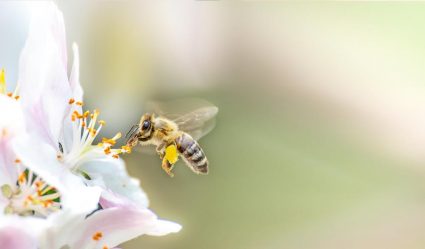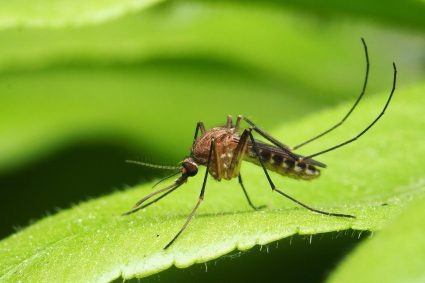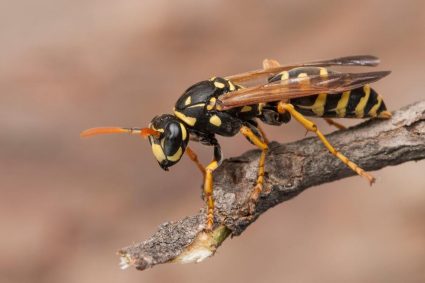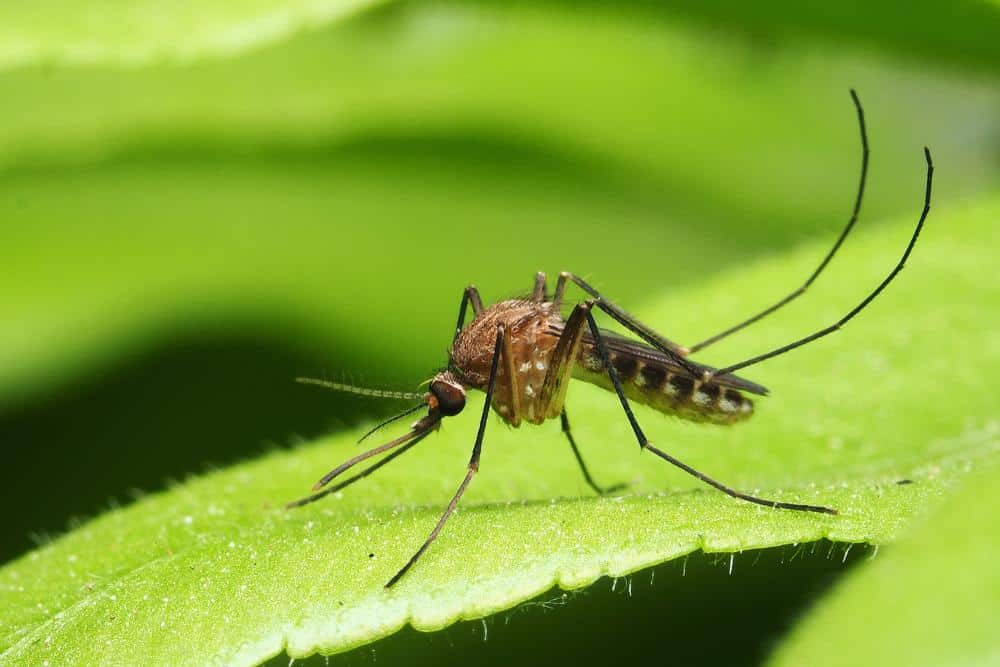
Mosquitoes are more than just a nuisance. They can transmit deadly diseases like malaria, Zika virus, and West Nile virus. To protect ourselves, many of us turn to mosquito repellents. But a common question that arises is, “Does mosquito repellent kill mosquitoes?”
Primary Function of Mosquito Repellents
The primary function of mosquito repellents is to deter mosquitoes from landing or crawling on surfaces such as skin, clothing, or other materials. They achieve this by masking the chemical cues that attract mosquitoes, such as carbon dioxide and certain components in sweat.
Common active ingredients in mosquito repellents include DEET, Picaridin, IR3535, and oil of lemon eucalyptus. These ingredients are registered by the U.S. Environmental Protection Agency (EPA) for their effectiveness and safety when used according to label directions.
Do Mosquito Repellents Kill Mosquitoes?
Contrary to popular belief, mosquito repellents do not kill mosquitoes. They work by making people less attractive to mosquitoes, so they’re less likely to bite. Repellents are formulated for use on bare skin and are available in various forms, such as aerosols, creams, solids, pump sprays, and liquids.
DEET, a widely used active ingredient in many insect repellent products, works by making it difficult for biting insects, such as mosquitoes and ticks, to smell humans. Spatial repellents, such as those containing pyrethroids, release volatile active ingredients into the air, which disrupt mosquitoes’ ability to find a host.
How Mosquito Repellents Work
Mosquito repellents work by interfering with the insects’ ability to detect and locate their hosts. They interact with the mosquitoes’ olfactory (smell) and gustatory (taste) receptors, making it difficult for them to detect and locate their hosts.
For example, DEET, the most common repellent, has multiple molecular targets in mosquitoes, while natural-based repellents interact with the insects’ chemoreceptors to induce repellency.
Alternatives to Mosquito Repellents
If the goal is to kill mosquitoes rather than just repel them, there are several alternatives available. These include removing mosquito breeding grounds, encouraging natural predators, applying larvicides or insecticides, using mosquito traps, and installing bug zappers.
It’s important to remember that a combination of these methods will likely be more effective in controlling and killing mosquitoes. Always follow the instructions on the product labels and consider the potential impact on the environment and other organisms when using chemical or biological control agents.
Duration of Mosquito Repellents
The duration of mosquito repellent effectiveness depends on the active ingredient and its concentration. For DEET-based repellents, a product containing 15% DEET typically provides up to six hours of mosquito protection, while a repellent with 25% DEET typically provides up to 10 hours of protection.
In conclusion, while mosquito repellents do not kill mosquitoes, they play a crucial role in preventing mosquito bites and reducing the risk of disease transmission. It’s important to apply them correctly and consider other mosquito control options for comprehensive protection.
Frequently Asked Questions
What are the potential side effects of using mosquito repellents?
Most mosquito repellents are considered safe when used as directed. However, some people may experience mild skin reactions such as redness, rash, or itching. In rare cases, repellents containing DEET can cause more serious side effects like blistering, burns, or neurological issues.
Can mosquito repellents be used on children?
Yes, mosquito repellents can be safely used on children. However, it’s important to follow the product instructions. For example, products with DEET should not be used on babies younger than 2 months, and oil of lemon eucalyptus should not be used on children under 3 years old.
How often should I reapply mosquito repellent?
The frequency of reapplication depends on the active ingredient and its concentration. For DEET-based repellents, a product with 15% DEET typically requires reapplication every six hours, while a repellent with 25% DEET typically requires reapplication every 10 hours. Always follow the product’s label instructions for best results.
Are there any mosquito repellents that are safe for pregnant women?
Yes, most mosquito repellents, including those containing DEET, Picaridin, or IR3535, are safe for pregnant women when used as directed. However, it’s always a good idea to consult a healthcare provider before using any new product during pregnancy.
Are natural mosquito repellents as effective as chemical ones?
Natural mosquito repellents, such as those containing oil of lemon eucalyptus or citronella, can be effective. However, they often need to be reapplied more frequently than repellents with synthetic active ingredients like DEET or Picaridin.

